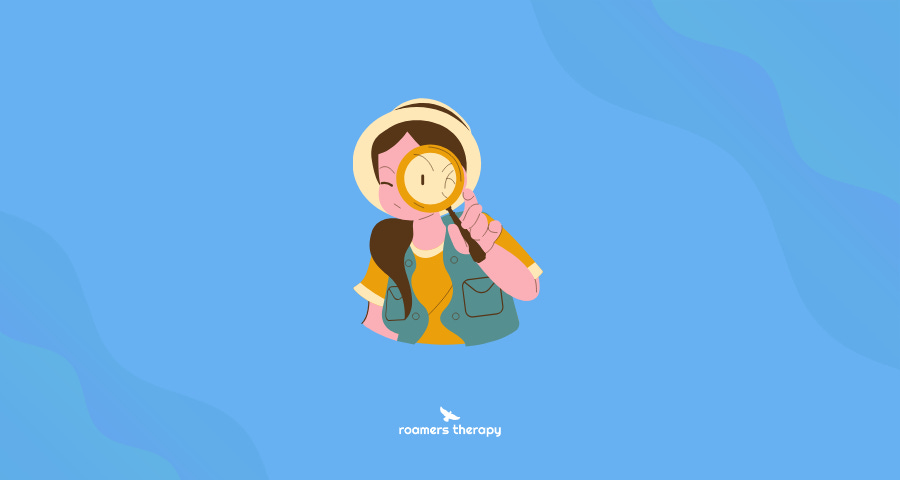Confirmation Bias
It can be hard to challenge confirmation biases, especially when we believe something to be true
Confirmation bias is an umbrella term for cognitive distortions (or unhelpful ways of thinking) in which people focus on information, experiences, or events that prove their biased thoughts or opinions.
For example, someone believes they are lazy and not intelligent, so they only focus on when they receive low grades on assignments.
Types of Confirmation Bias
There are different ways that we engage in confirmation bias through various types of harmful thought styles.
For many of us, these thought styles are so innate we may not even realize we’re engaging in these thought styles. These thought styles include:
Mental filtering
Disqualifying the positive
Emotional reasoning
Mental Filtering
Mental filtering is a cognitive distortion in which the individual only pays attention to or focuses on certain types of information.
Typically, the information that is focused on is information that supports whatever belief we are holding.
This can look like noticing our failures and not noticing our successes.
Disqualifying the Positive
Disqualifying the positive happens when individuals discount the good or positive things that happen to them.
This can look like attributing successes to random luck or discounting successes altogether. For example, someone who does well on an exam says it was just an easy test.
Emotional Reasoning
Emotional reasoning is a cognitive distortion in which the individual assumes something must be true because they feel certain.
For example, someone feels ashamed of their failures and believes they are failures.
Why Do People Engage In Confirmation Bias?
There are many reasons why someone might engage in confirmation bias. One of the most common reasons (or culprits) is core beliefs.
Core beliefs are biased beliefs we hold about ourselves. They are often formed during our formative years and reinforced throughout life, so they often feel like a part of our identity.
We engage in confirmation bias to protect against events that threaten our core beliefs.
How Do Confirmation Biases Affect Us?
Confirmation biases affect us by reinforcing a skewed perception of reality we might hold. Additionally, confirmation biases contribute to...
Negative/Harmful core beliefs
Black and White thinking
Rigid thinking styles
Low self-esteem
Depression
Anxiety
How Can We Challenge Confirmation Biases?
It can be hard to challenge confirmation biases, especially when we believe something to be true. In addition to therapy, here are some tips to overcome biased thinking:
Become aware of when our beliefs might be skewed
Use behavior chains to separate feelings from thoughts and behaviors
Identify the evidence that might disprove your beliefs
Develop neutral/balanced beliefs about yourself and the events you experience




